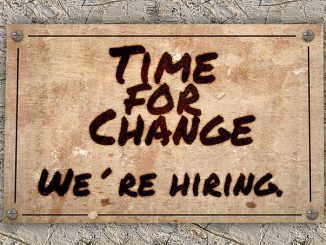I have said pretty clearly that unemployment benefits are nice for the unemployed. I won’t argue with anyone who says just that.
The commentary out there goes wrong in three ways:
1. claims that unemployment benefits do little or nothing to raise unemployment (reduce employment). Those claims are not based on economics.
2. claims that unemployment benefits are good for people who are EMPLOYED. This is the “trickle down fraud” I referenced on Kudlow.
3. characterizes the incentives created by today’s fiscal policy as merely those of a “few hundred dollars a week of UI.” Today we are talking about tens of thousands of loan foregiveness, not to mention a host of other bad incentives. If UI, narrowly defined, were the only bad incentive, you wouldn’t be hearing from me on this issue.
Defenders of current fiscal policy have no reply based in economic analysis, so the best they can do is claim that I say something else (eg., that I claim that unemployment benefits are themselves a fraud).
- Bulenox: Get 45% to 91% OFF ... Use Discount Code: UNO
- Risk Our Money Not Yours | Get 50% to 90% OFF ... Use Discount Code: MMBVBKSM
Disclaimer: This page contains affiliate links. If you choose to make a purchase after clicking a link, we may receive a commission at no additional cost to you. Thank you for your support!




Leave a Reply